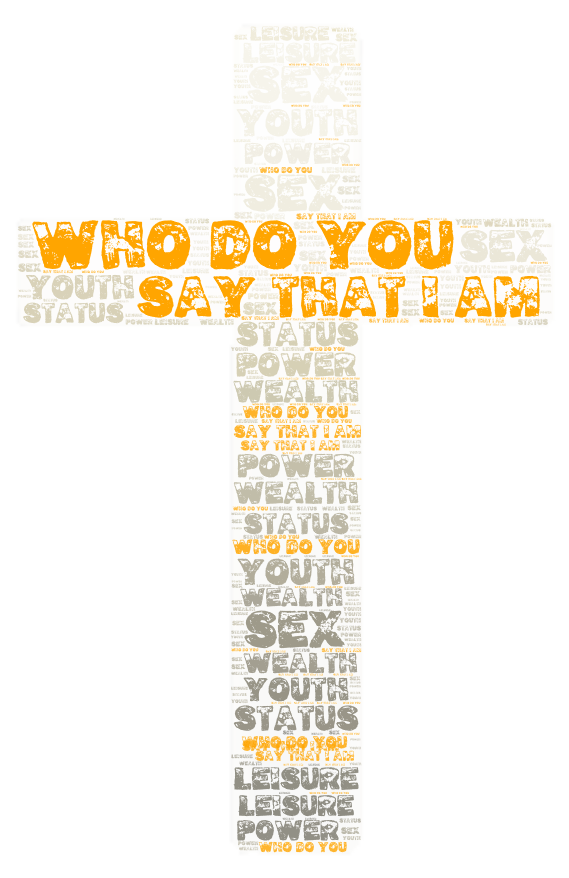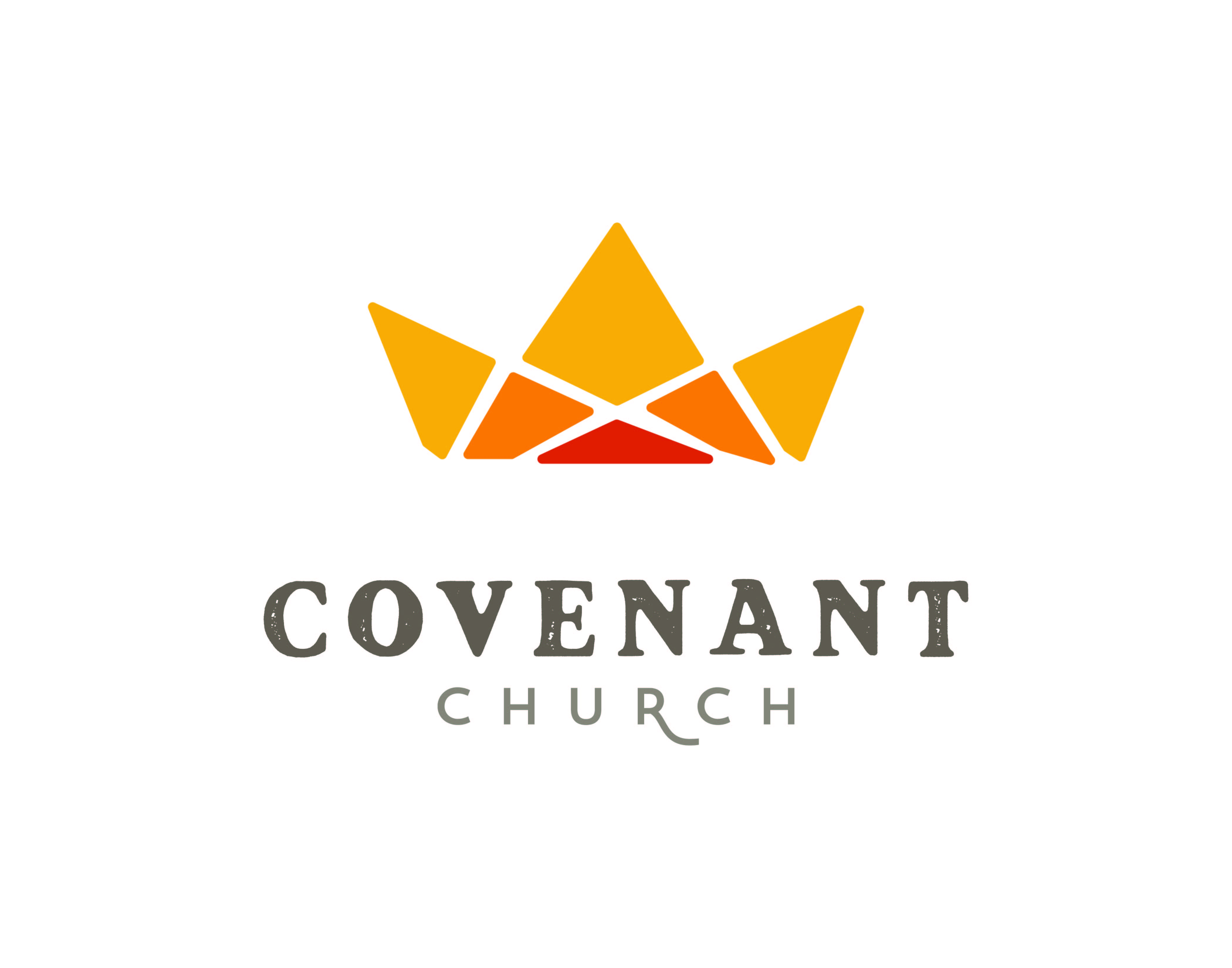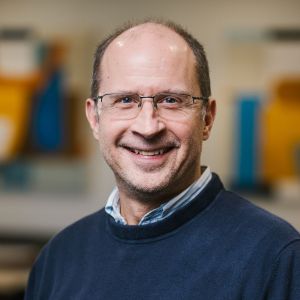Note: The name "LORD" refers to God's personal name, YHWH. This is the name God revealed to Moses at the burning bush and it is the name that sets Israel's God apart from all other deities.
If I am honest, I have to confess that the Ten Plagues have always bothered me. While the opening salvo of blood, frogs, gnats and flies were a difficult inconvenience, the ones that followed brought ever-increasing hardship and death. Did it have to be so costly on the Egyptians? If God wanted His people freed, couldn’t He have done it in a less devastating way or was there an ulterior motive, something more important than a simple jailbreak? Several passages give us a clue.
In Exodus 9:14, God reveals that He is doing this so that Pharaoh (and his nation) “may know that there is no one like me in all the earth.” But God was not just concerned with letting only Egypt know. In verse 26, God says that He raised up Pharaoh for this moment so that His “name might be proclaimed in all the earth.” Moses rounds out our understanding in verse 29, telling Pharaoh that God will stop the plague of hail “so you may know the earth is the LORD’s.”

So, from Egypt’s perspective, all this was being done to proclaim that the LORD is God and that the LORD is the one who can truly claim ownership of all creation. Think of it this way. Every culture had its pantheon of gods and each culture believed that their gods were stronger than other gods. The truth that the LORD is God is a message that the LORD promised to communicate through Abraham and his offspring. So, the Ten Plagues could be understood as a megaphone to rouse a deaf world. “Hear, O people, the LORD is one!” But they were more than that, too.
Exodus 10 describes the plagues from a Hebrew perspective. God said that these plagues were signs that they were to tell their children and grandchildren so that “you may know that I am the LORD” (10:2). Said another way, these plagues were an introduction and a training ground. Through them the LORD was introducing Himself to His people and through them He was also preparing them for the trials and battles that would be ahead.
With each plague, God was revealing how He is greater than all the Egyptian gods that had surrounded them and oppressed them all their lives. And now, one by one, the God of Abraham, Isaac, and Jacob was saying, “I am greater than all these! Do you believe me?”
Centuries later Jesus—God Almighty in human form—traveled to Caesarea-Philippi and probably took His disciples to a cave that was thought to be the gateway to the underworld. Near this cave stood a vast number of temples and shrines. There, with evidence of so many other “gods” all around them, Jesus was, in essence, asking, “Who do you say that I am? I know what everyone else is saying about me. It is easy to parrot back the opinions of others. But what do you say? Who do you say that I am? Do you believe that I am greater than all these?”
God asked that question of His people in Egypt, He asked it of His disciples in Caesarea-Philippi and He asks it of us today.
Our culture is no different; we also have our pantheon of gods, each one striving for the place of greatest influence in our lives. But now another message breaks in, one that has been spoken for millennia, and it forces us to ask ourselves what we truly believe.
No matter what our Lord’s miracles, resurrection and ascension are to you—whether a megaphone trying to get your attention, an introduction to begin an eternal relationship or a training ground preparing you for the future—what do you believe? Is Jesus stronger than all the gods of this world? Do you trust Him more than money, power, sex, comfort, leisure or the deity of the day? Is He more valuable than the thing you most treasure? Is He greater than the problems you face? Is He closer than the suffering you experience?
“Who do you say that I am?” God knows what everyone else is saying. It is easy to parrot back the opinions of others and it is tempting to say what we think Jesus wants us to say. But what about you? Who do you say that He is?
I am so deeply grateful for a loving God who is patient with us as we grow, and equally grateful for you, a travel companion with whom I can learn along the way.

Rob






